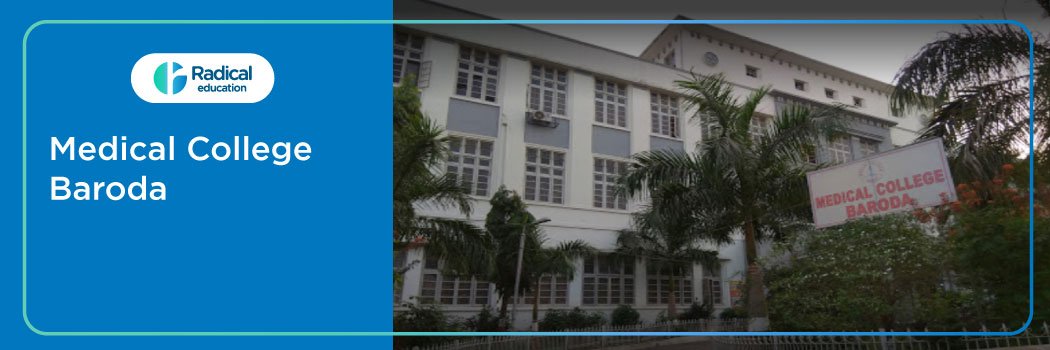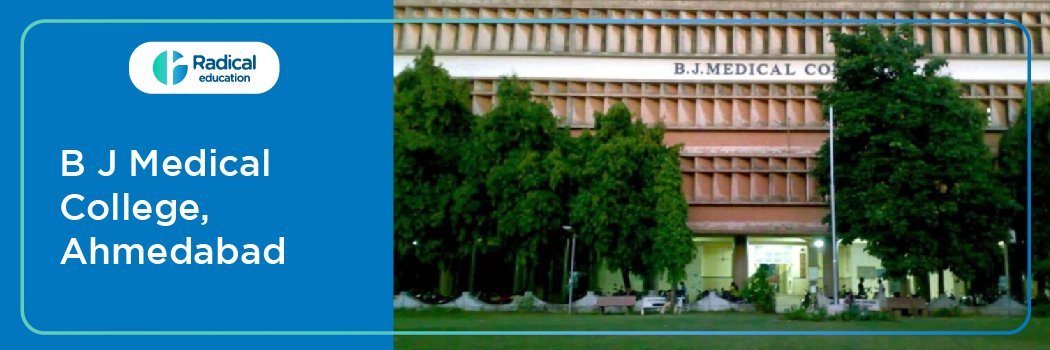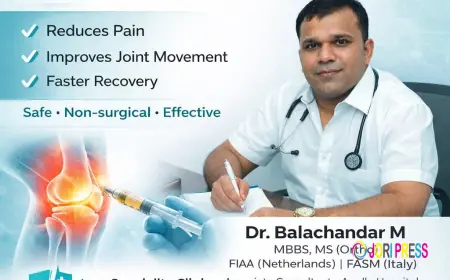How to Prepare for Your Plastic Surgery Procedure
Here is a detailed guide on how to prepare for your plastic surgery procedure.

Deciding to undergo plastic surgery is an empowering step towards enhancing your confidence and achieving your aesthetic goals. However, proper preparation is key to ensuring a safe surgery, smooth recovery, and optimal results. Here is a detailed guide on how to prepare for your plastic surgery procedure.
1. Follow Your Surgeon’s Pre-Operative Instructions
Your plastic surgeon will provide specific pre-operative guidelines tailored to your procedure and health status. These may include:
-
Stopping certain medications such as blood thinners, aspirin, or anti-inflammatory drugs that can increase bleeding risk
-
Avoiding herbal supplements like ginseng, garlic, or vitamin E before surgery
-
Completing required lab tests or medical clearances to ensure you’re fit for anesthesia and surgery
Always follow these instructions carefully to minimise risks during the procedure.
2. Stop Smoking and Limit Alcohol
If you smoke, your surgeon will advise you to stop smoking at least 4-6 weeks before and after surgery. Smoking reduces blood flow, delays healing, and increases the risk of complications such as infections or poor scarring.
Similarly, avoid alcohol for at least 48-72 hours before surgery as it can interfere with anesthesia and increase bleeding tendencies.
3. Maintain a Healthy Diet and Hydration
Good nutrition aids healing. In the weeks before surgery:
-
Eat a balanced diet rich in lean proteins, fresh fruits, vegetables, and whole grains
-
Stay well-hydrated by drinking plenty of water
-
Avoid excessive salt intake to reduce the risk of swelling
Discuss with your surgeon if you need any specific dietary adjustments based on your health profile.
4. Arrange for Help and Time Off
Depending on your procedure, you may need assistance with:
-
Driving home after surgery, as you won’t be allowed to drive yourself
-
Basic tasks such as cooking, cleaning, or childcare during the initial recovery days
Additionally, plan to take time off work as recommended by your surgeon to focus on rest and healing.
5. Prepare Your Recovery Space
Before your surgery, set up a comfortable recovery area in your home:
-
Keep essentials such as medications, water bottles, snacks, and your phone within reach
-
Arrange extra pillows to elevate treated areas if needed
-
Have loose, comfortable clothing ready for easy dressing post-surgery
This will help you avoid unnecessary movement and promote a smoother recovery.
6. Avoid Eating or Drinking Before Surgery
If you’re undergoing general anesthesia, your surgeon will instruct you to fast for at least 8 hours before surgery. This means no food or drink, including water, unless otherwise directed.
Fasting helps prevent nausea or aspiration during anesthesia, keeping you safe throughout the procedure.
7. Discuss Medications With Your Surgeon
Inform your surgeon about all medications and supplements you take regularly. They will advise you on:
-
Which medications to stop before surgery
-
Whether you can take your regular medications with a small sip of water on surgery day
-
Any temporary alternatives for essential medications
Never stop prescription medications without your doctor’s approval.
8. Manage Your Expectations and Mental Preparation
Preparing mentally is as important as physical preparation. Before surgery:
-
Review the realistic outcomes discussed with your surgeon
-
Understand potential risks and recovery timelines
-
Stay positive and focus on your reasons for choosing surgery
Clear expectations and a positive mindset enhance satisfaction with your results.
9. Complete All Necessary Paperwork
Ensure all consent forms, payment agreements, and pre-operative paperwork are completed ahead of time to avoid last-minute stress on your surgery day.
10. Get a Good Night’s Sleep
Finally, rest well the night before surgery. Being well-rested helps your body cope better with anesthesia and promotes a smoother recovery process.
Final Thoughts
Proper preparation is the foundation of a successful plastic surgery experience. By following your surgeon’s instructions, caring for your health, and preparing your home and mind, you ensure your procedure and recovery are as smooth and safe as possible.
If you’re considering plastic surgery Niagara Falls, schedule a consultation with a board-certified plastic surgeon to discuss your goals and learn about customised preparation for your chosen procedure.
What's Your Reaction?
 Like
0
Like
0
 Dislike
0
Dislike
0
 Love
0
Love
0
 Funny
0
Funny
0
 Angry
0
Angry
0
 Sad
0
Sad
0
 Wow
0
Wow
0















































